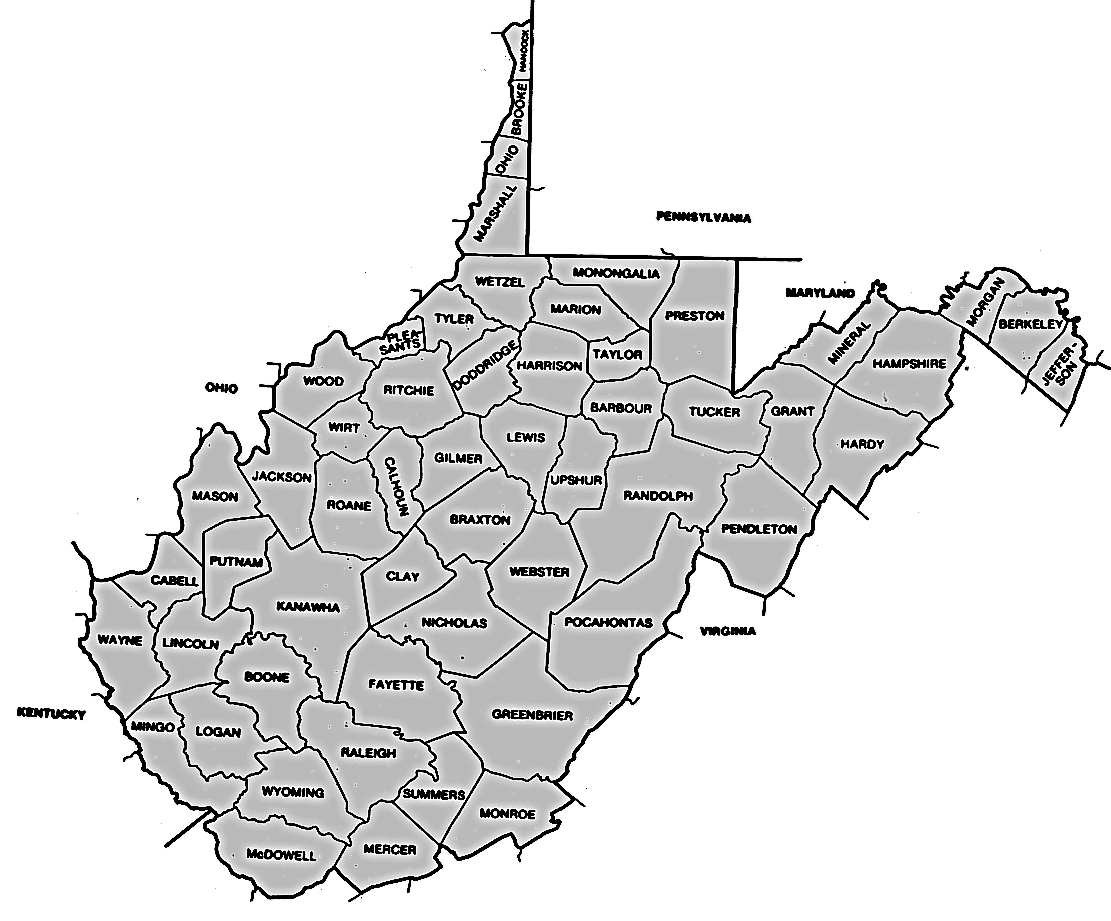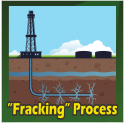Marcellus Shale on Capital Hill Agenda
On Tuesday, September 27, 2011
0
comments
According to an article published by Patriot News - "Many think it is likely that after three years of trying the state will finally set policy on how to tax and regulate the burgeoning shale gas industry.
Corbett is days away from announcing his own proposal for an impact fee that would closely tie any revenue raised to impacts from the drilling, be it mitigating damage to state roads or forests or improving municipalities’ ability to keep their public water supplies safe.
There are some shared goals: Democrats and many Republicans believe the time is ripe for the industry to give back.
But there are still big divides over exactly how much money to extract — bills range from Senate President Pro Tempore Joe Scarnati’s impact fee, which would generate $172 million annually by year six, to a House Democratic tax plan generating $483 million in its second year — and what to use it for.
Even some Republican House members, for example, have ambitious plans to use shale tax money for broad purposes, including the return of block grants to local school districts and dedicated funding streams for programs such as drug and alcohol treatment or emergency mortgage assistance.
Corbett is likely to be much more targeted in his approach, working hard to tie the money derived from per-wellhead impact fees to costs created by the industry.
At the end of the day, observers think chances are good a package can be hammered out, in part because there is some support in all four caucuses, and polls show that even in a strident no-new-tax climate, Pennsylvanians don’t mind taxing energy companies.
What needs to happen: Corbett and Republican allies must offer enough in terms of revenue and environmental protection to win over Democrats whose votes will be needed since some Republicans in the GOP-controlled Legislature remain steadfastly against any new taxes.
House Minority Leader Frank Dermody, D-Allegheny County, said his members are ready to negotiate. But he added this caution: “There’s only going to be one chance to do this, so I also think we have to make sure that we do it right so this industry develops in the most environmentally sound way possible.”
Fall prognosis: Call it likely. "
Read the entire article, here.
Corbett is days away from announcing his own proposal for an impact fee that would closely tie any revenue raised to impacts from the drilling, be it mitigating damage to state roads or forests or improving municipalities’ ability to keep their public water supplies safe.
There are some shared goals: Democrats and many Republicans believe the time is ripe for the industry to give back.
But there are still big divides over exactly how much money to extract — bills range from Senate President Pro Tempore Joe Scarnati’s impact fee, which would generate $172 million annually by year six, to a House Democratic tax plan generating $483 million in its second year — and what to use it for.
Even some Republican House members, for example, have ambitious plans to use shale tax money for broad purposes, including the return of block grants to local school districts and dedicated funding streams for programs such as drug and alcohol treatment or emergency mortgage assistance.
Corbett is likely to be much more targeted in his approach, working hard to tie the money derived from per-wellhead impact fees to costs created by the industry.
At the end of the day, observers think chances are good a package can be hammered out, in part because there is some support in all four caucuses, and polls show that even in a strident no-new-tax climate, Pennsylvanians don’t mind taxing energy companies.
What needs to happen: Corbett and Republican allies must offer enough in terms of revenue and environmental protection to win over Democrats whose votes will be needed since some Republicans in the GOP-controlled Legislature remain steadfastly against any new taxes.
House Minority Leader Frank Dermody, D-Allegheny County, said his members are ready to negotiate. But he added this caution: “There’s only going to be one chance to do this, so I also think we have to make sure that we do it right so this industry develops in the most environmentally sound way possible.”
Fall prognosis: Call it likely. "
Read the entire article, here.
















